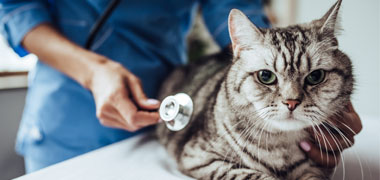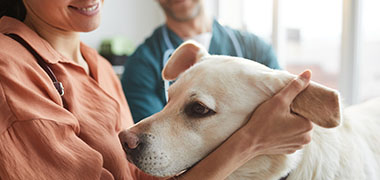
This role has a moderate level of AI exposure. AI can enhance efficiency for some tasks, but this job still relies on human skills and decision-making.
Explore all careersAn Animal Health Officer ensures animal well-being by monitoring health, preventing diseases, and advising on best care practices in compliance with regulations.
Get qualified to work as an Animal Health Officer with a course recognised across Australia. Speak to a training provider to learn more.

Browse occupations related to Animal Health Officer



If you’re looking to advance your career in animal health, our selection of Animal Health Officer courses in Wollongong can provide you with the knowledge and skills needed to excel in this rewarding field. In total, there is one comprehensive course available: the Bachelor of Science (Animal Science). This Higher Education course is tailored for experienced learners and equips you with the essential expertise required to contribute effectively to animal health and welfare in the Wollongong area.
Completing an Animal Health Officer course can open doors to various related job roles within the industry. Graduates can find fulfilling positions such as an Equine Veterinary Nurse, Veterinary Nurse, or even a Veterinarian. Other exciting career opportunities include roles such as an Animal Nutritionist or a Veterinary Technician. Each of these positions allows you to make a significant impact on animal care and health in the local community.
With a focus on practical knowledge and real-world applications, the Animal Health Officer courses in Wollongong can set you on a path towards success in the animal health sector. Consider exploring further roles such as a Wildlife Veterinarian, Veterinary Surgeon, or even a Veterinary Pathologist, to broaden your career horizons. Embrace the opportunity to enhance your qualifications and positively influence the lives of animals in and around Wollongong.